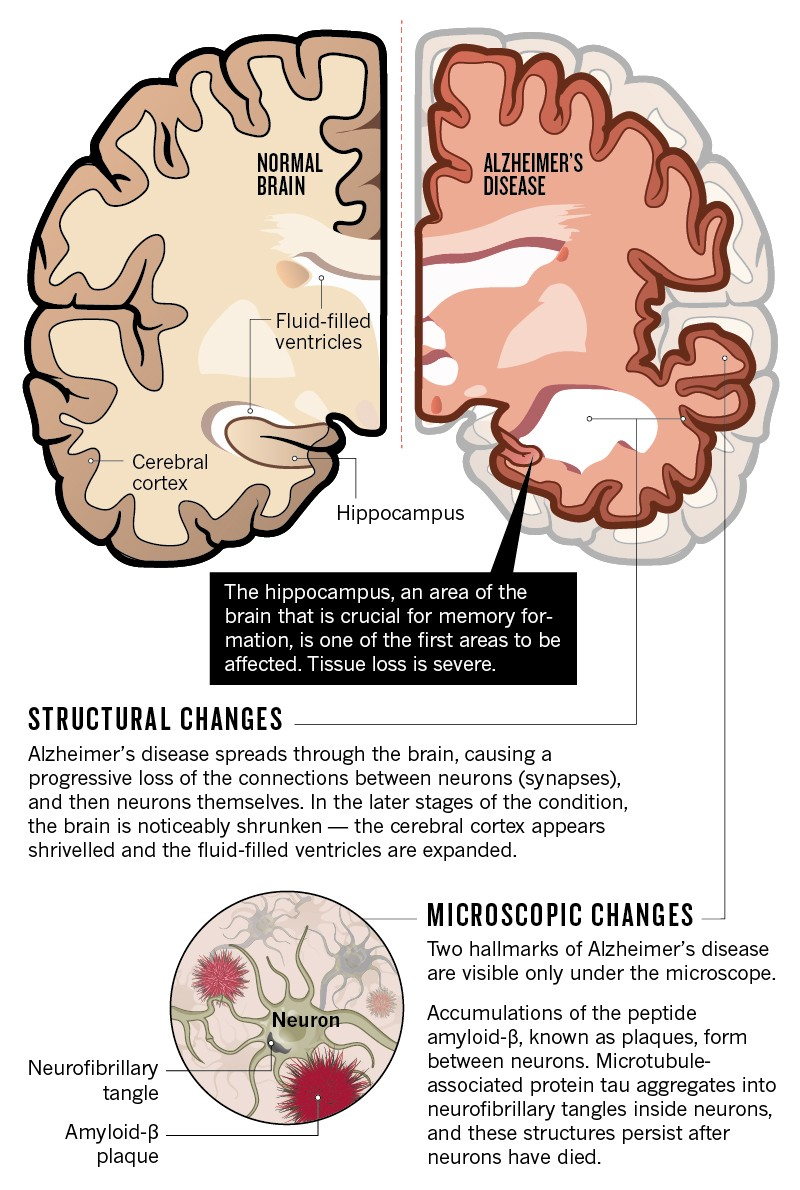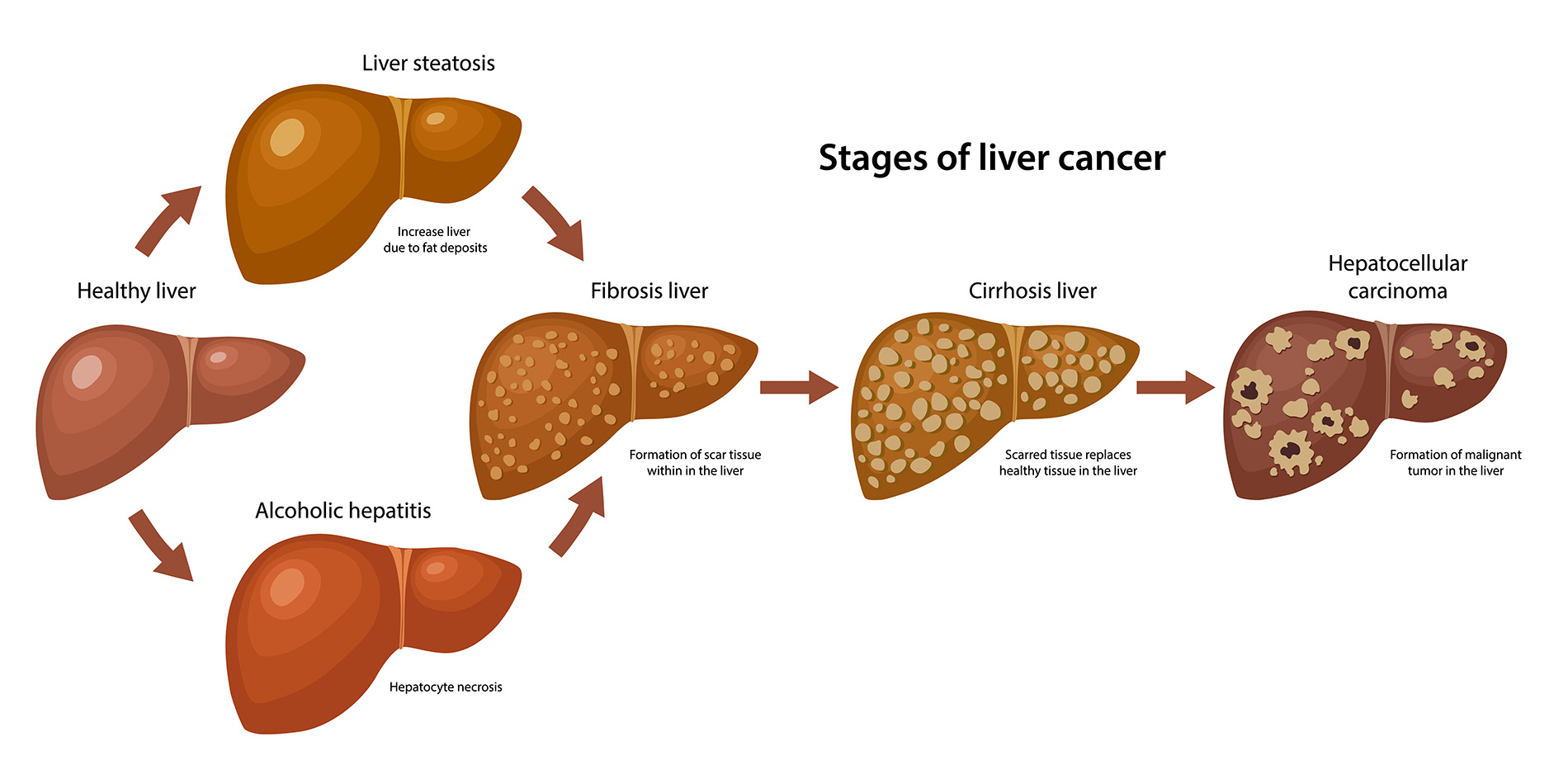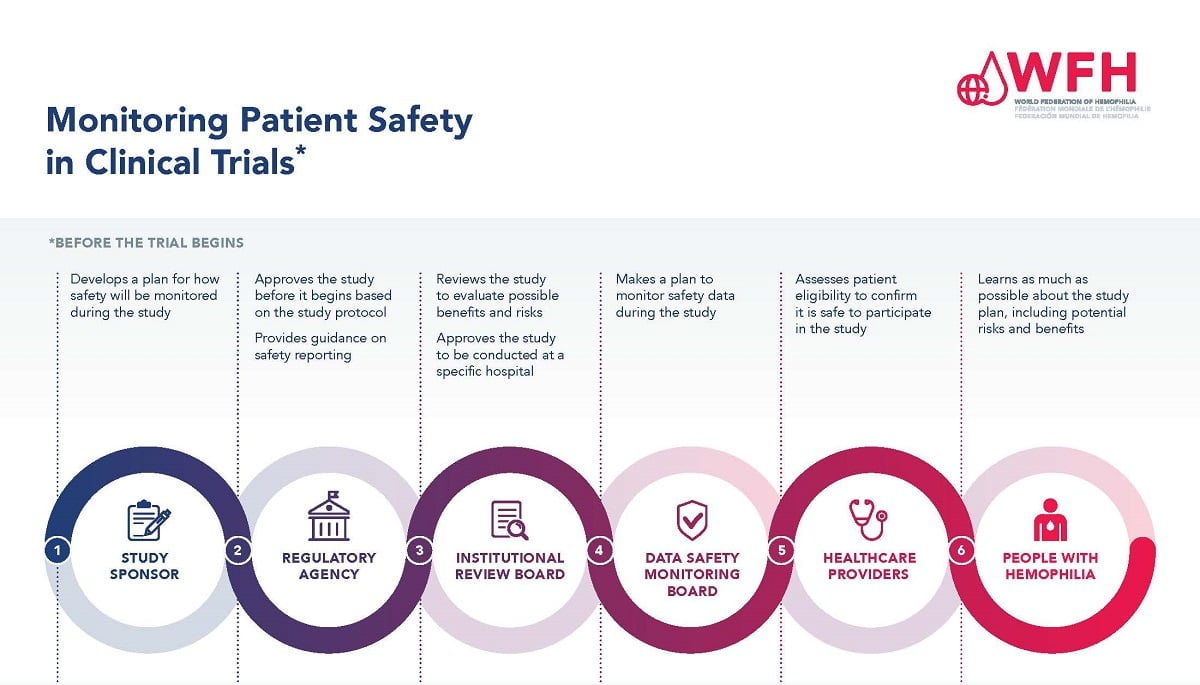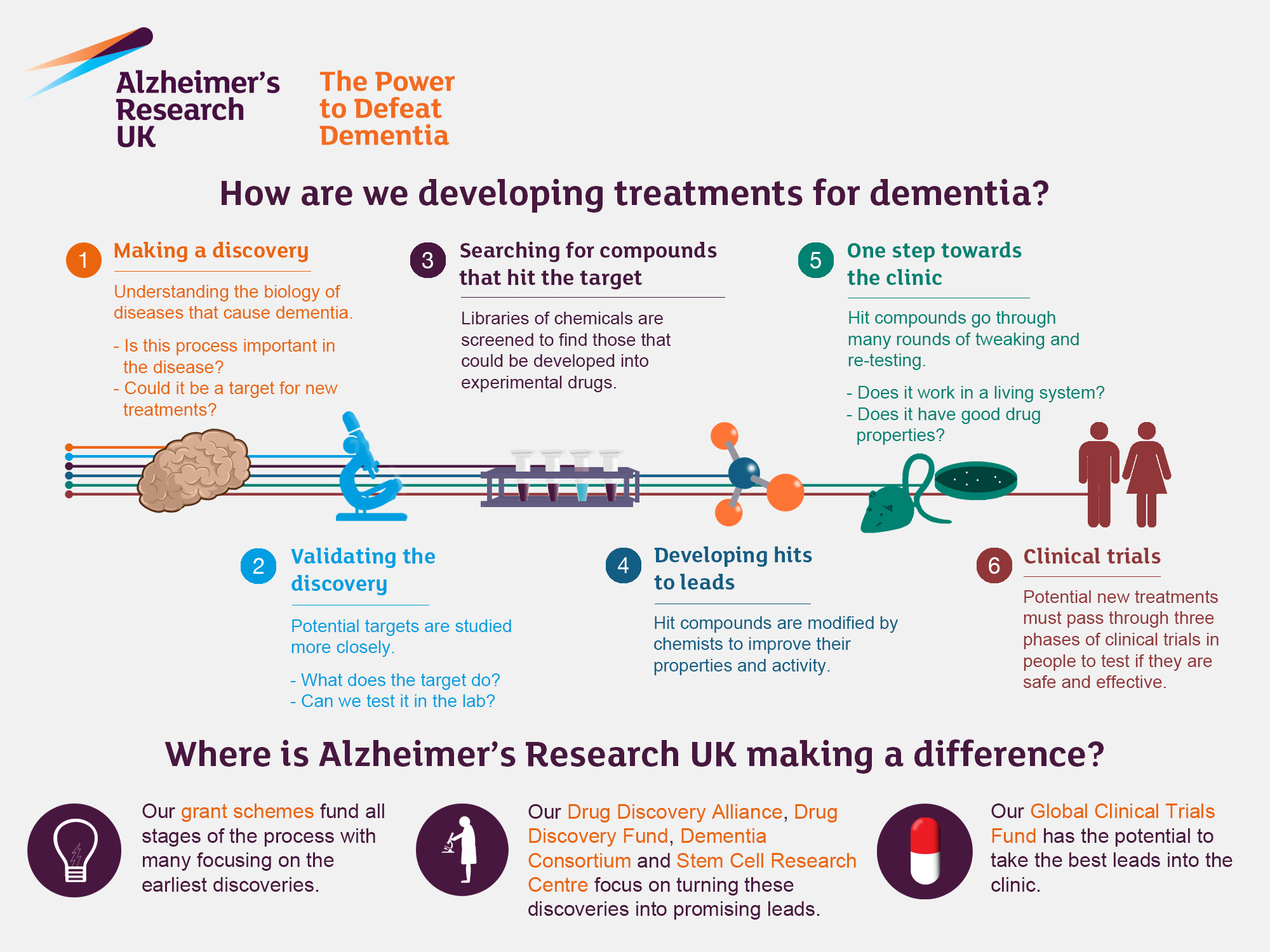Age-related brain diseases, including dementia and stroke, are increasingly becoming a major concern for the aging population. Recent research highlights that several modifiable risk factors contribute to these conditions, providing hope for preventing cognitive decline and improving elderly mental health. Factors such as high blood pressure, poor diet, and lack of physical activity are linked to these diseases, making their management crucial for maintaining brain health. Implementing lifestyle changes to address these risk factors not only reduces the risk of stroke and dementia but also fosters overall well-being in seniors. As the field of geriatric research evolves, understanding the connection between these diseases and their preventable causes is vital for enhancing the quality of life for older adults.
When we discuss diseases associated with aging, such as cognitive decline and cerebrovascular events, we often reference their impact on brain health in the elderly. These conditions, often referred to collectively as age-related neurological disorders, are influenced by shared modifiable risk factors that can be addressed through lifestyle choices. Awareness of these factors, which include nutrition, physical activity, and social engagement, is essential for fostering resilience against declining cognitive functions as we age. By targeting these overlapping risk factors, we can not only reduce the incidence of stroke and dementia but also promote a healthier, more fulfilling life for our aging population. Ongoing research in this area continues to shed light on effective interventions that can mitigate the risks associated with aging and enhance overall mental vitality.
Understanding Age-Related Brain Diseases
Age-related brain diseases, including stroke, dementia, and late-life depression, impact millions of individuals worldwide. These conditions not only deteriorate cognitive functioning but also challenge the mental health of the elderly. Recognizing and addressing these diseases is crucial, especially as the global population ages. Research indicates that lifestyle factors play a significant role in the onset and progression of these diseases, highlighting the need for awareness and preventive measures.
The interconnected nature of age-related brain diseases suggests that strategies targeting shared risk factors can be beneficial. For instance, both high blood pressure and chronic stress have been identified as significant contributors to stroke, dementia, and depression. Understanding these connections allows healthcare professionals and caregivers to implement comprehensive strategies designed to promote brain health and mitigate the risks associated with these debilitating conditions.
Frequently Asked Questions
What are the main risk factors for dementia and age-related brain diseases?
Research indicates that several key modifiable risk factors contribute to dementia and other age-related brain diseases. These include high blood pressure, diabetes, obesity, smoking, excessive alcohol use, and poor dietary habits. Additionally, factors like social engagement, chronic stress, and sleep quality also play a significant role in determining the risk of developing these conditions.
How can preventing stroke reduce the risk of dementia?
Preventing stroke is crucial, as it is closely linked to the development of dementia. Both conditions share common risk factors such as high blood pressure, diabetes, and obesity. By managing these risk factors—through lifestyle modifications such as improved diet and increased physical activity—individuals can lower their risk of stroke and, consequently, reduce their chances of developing dementia.
What lifestyle choices can support brain health in the elderly?
To promote brain health and reduce the risk of age-related brain diseases, elderly individuals should focus on maintaining a balanced diet rich in nutrients, engaging in regular physical activity, ensuring adequate sleep, and staying socially active. Additionally, managing stress through relaxation techniques and cognitive engagement through puzzles and games can further enhance mental health and cognitive function.
What are some modifiable risk factors one can change to lower the risk of late-life depression and dementia?
Key modifiable risk factors to lower the risk of late-life depression and dementia include maintaining a healthy weight, managing chronic conditions like diabetes and high blood pressure, reducing alcohol intake, quitting smoking, and enhancing diet quality. Engaging in social activities and regular physical exercise have also been shown to significantly improve mental health outcomes.
How does hearing loss relate to age-related brain diseases like dementia?
Hearing loss is recognized as a modifiable risk factor for dementia. Research suggests that untreated hearing impairment can contribute to social withdrawal, cognitive decline, and heightened risk of depression, which are all associated with the development of dementia. Addressing hearing loss through devices or therapies may help mitigate these risks.
Why is social engagement important for preventing dementia and related conditions?
Social engagement is vital for mental health and cognitive function, especially in older adults. Lack of interaction can lead to feelings of loneliness and depression—both of which are risk factors for dementia. By fostering social connections and participating in community activities, individuals can promote better mental well-being and potentially decrease the likelihood of developing age-related brain diseases.
What impact does physical activity have on preventing age-related brain diseases?
Regular physical activity is a powerful modifiable risk factor for preventing age-related brain diseases such as dementia and stroke. Engaging in physical exercise not only helps manage weight, blood pressure, and cholesterol levels but also enhances mood and cognitive function, reducing the overall risk of these conditions.
Can diet influence the risk of developing age-related brain diseases?
Yes, diet plays a significant role in brain health. A nutritious diet enriched with fruits, vegetables, whole grains, and healthy fats can lower the risk of age-related brain diseases. Conversely, diets high in processed foods, sugar, and saturated fats may increase the risk of conditions such as stroke and dementia.
What role does stress play in the risk of dementia and late-life depression?
Chronic stress is a key modifiable risk factor that can exacerbate the risk of both dementia and late-life depression. Elevated stress levels can lead to hormonal changes that negatively affect brain function. Managing stress through techniques like mindfulness, physical activity, and social support can help mitigate these risks.
How can one use the Brain Care Score to improve brain health?
The Brain Care Score is a tool designed to measure individual efforts toward protecting brain health. By assessing lifestyle choices related to modifiable risk factors—such as diet, physical activity, and social engagement—individuals can identify areas for improvement, set health goals, and adopt strategies to enhance their overall brain health and reduce the risk of age-related brain diseases.
| Risk Factor | Related Conditions | Impact |
|---|---|---|
| Diabetes | Stroke, Dementia, Depression | Increases Risk |
| Blood Pressure | Stroke, Dementia, Depression | Major Risk Factor |
| Kidney Disease | Stroke, Dementia, Depression | Increases Risk |
| Fasting Plasma Glucose | Stroke, Dementia | Increases Risk |
| Total Cholesterol | Stroke, Dementia | Increases Risk |
| Alcohol Use | Stroke, Dementia, Depression | Increases Risk |
| Diet | Stroke, Dementia, Depression | Contributes to Development |
| Hearing Loss | Dementia | Modifiable Risk Factor |
| Pain | Depression | Increases Risk |
| Physical Activity | Stroke, Dementia, Depression | Major Risk Factor |
| Purpose in Life | Depression | Contributes to Risk |
| Sleep | Depression | Increases Risk |
| Smoking | Stroke, Dementia, Depression | Major Risk Factor |
| Social Engagement | Depression | Contributes to Risk |
| Stress | Depression | Increases Risk |
| Obesity | Stroke, Dementia, Depression | Increases Risk |
Summary
Age-related brain diseases, such as stroke, dementia, and late-life depression, are increasingly recognized for their interconnected risk factors. Recent research from Mass General Brigham has identified 17 modifiable risk factors that can significantly lower the risk of these age-related brain diseases. By addressing factors like high blood pressure, kidney disease, diabetes, and lifestyle choices, individuals can reduce their risk and improve their overall brain health. These findings highlight the importance of preventive strategies in managing brain health as we age.



